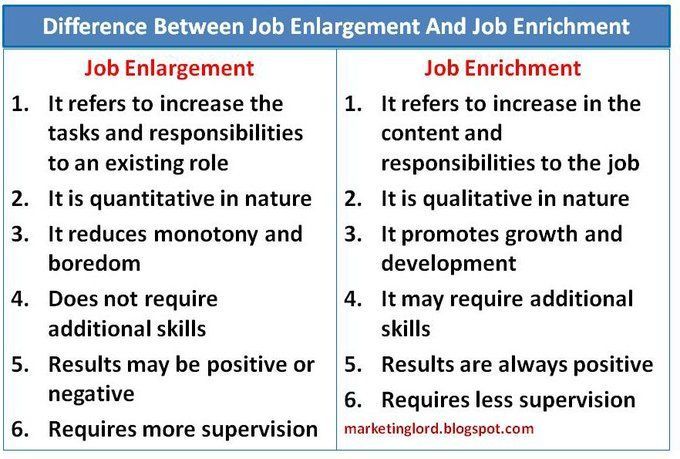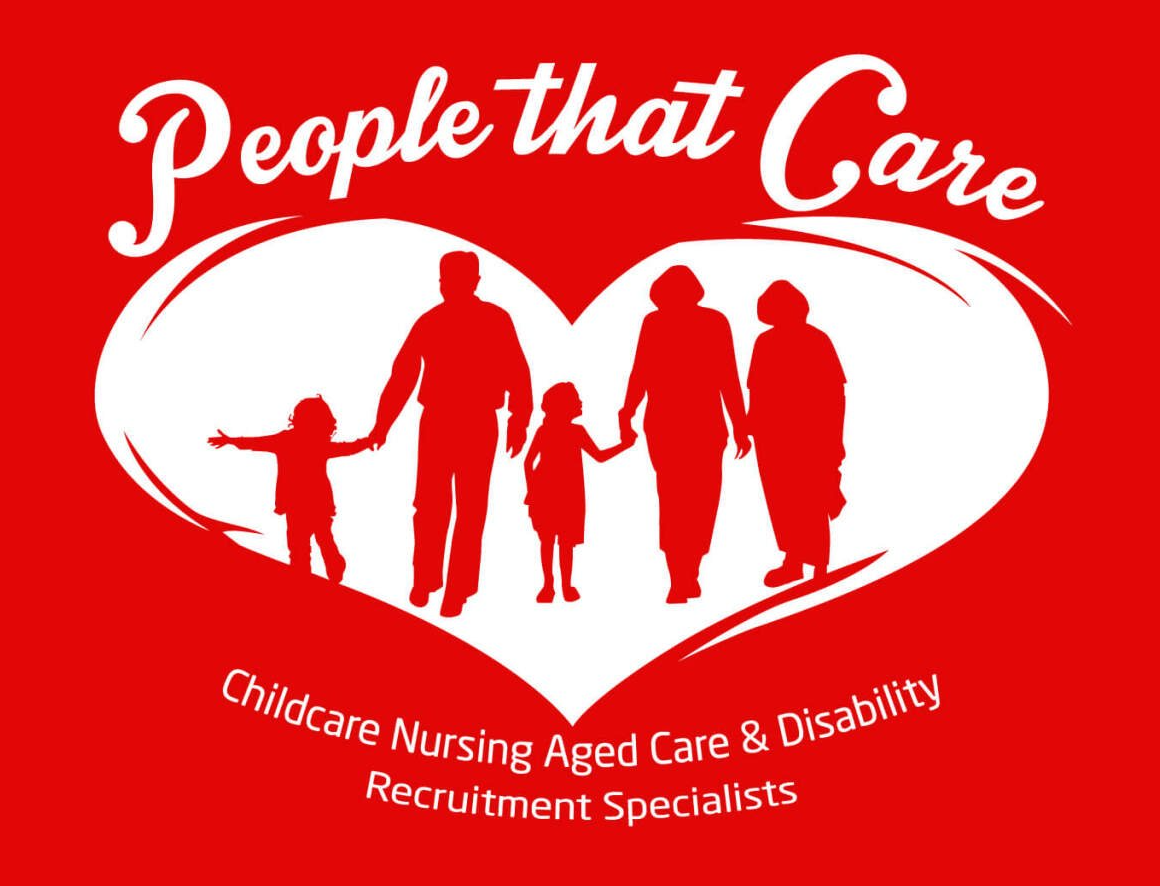11 Things an Emotionally Intelligent Boss Says
The body KEY POINTS
- A self-aware boss is able to self-reflect. They do not immediately seek to shift blame to others.
- A boss who lacks self-awareness is frequently defensive and protects their self-esteem by blaming others.
- A socially aware boss is empathetic and emotionally attuned to everyone in the room.
The way a boss speaks to their employees may signify emotional intelligence or narcissism, among other traits. Empathic, self-aware, socially aware, and emotionally regulated communications may point to an emotionally intelligent boss (an EI boss), and the absence of these qualities may indicate a boss who is high in the trait of narcissism.
Empathy is recognition and respect for how another person feels, even if it differs from how you feel. For example, a supervisor may sense that an employee is upset. They may gently say, “You are frustrated that you did not get the project that you asked for, and I would be too. I get it. You have every right to feel that way. But Amy has a prior relationship with this client, so I needed to give the account to her. I hope to be able to honor your request next time. You are a fantastic employee and I want you to be happy here.”
Although the boss does not grant their employee’s request, they resonate with their disappointment and communicate a sincere and respectful understanding of how they feel. Although they do not change their decision, they allow the employee to possess and express feelings that they may not necessarily want them to have. In place of shutting down the colleague, the boss empathizes. This allows the employee to feel seen, understood, and respected, regardless of the outcome. It also provides the superior with an opportunity to follow up the empathy with reassurance and validation.
Alternatively, a narcissistic boss may say, “Stop being negative. Be a team player and have a better attitude.” Then, the employee walks away from the discussion feeling worse and may decide their boss is not safe to talk to. They may hide their true feelings, take things on the chin, and eventually leave the company because their boss lacks empathy.
article continues after advertisement
A self-aware boss is able to look at themselves. They do not immediately seek to shift the blame or turn things around on someone else to avoid looking in the mirror. The ability to self-reflect allows them to contemplate their role in things instead of immediately lashing out at a co-worker to avoid the “hot seat.” For example, Ash’s team discloses they lost a huge account. Ash says, “This is a big blow. We should have communicated more effectively as a team. Part of that is my fault. I’ll schedule more frequent team meetings. Let’s also identify where the specific lapses in communication occurred and I’ll do some research about how to prevent this in the future.”
This boss analyses the situation and owns their part of the mistake. Instead of blaming people, they take responsibility for their role and seek to find the fault in the process, so it can be fixed. If they need to hold specific individuals accountable, they do so in private and avoid reprimanding them in front of their colleagues.
Conversely, a boss who lacks self-awareness is frequently robustly defensive and instantly protects their self-esteem by blaming and shaming others. They continually see the fault as “out there” and rarely look inward. This type of leader typically says things like, “How could you blow this account? From now on you will be working on the smaller accounts. Clearly, you are not ready for the big league.”
A leader who possesses social awareness “knows their audience.” They are conscientious and thoughtful. For example, they may be aware that a member of their team miscarried recently, so for a period of time, they refrain from bringing up stories of their own infant during office chats. In addition, they gently and nonchalantly redirect the team’s conversations when members are talking about their own babies and toddlers. Their ability to be emotionally attuned to others allows them to refrain from saying anything hurtful, triggering, marginalizing, or devaluing. Their consistent awareness and thoughtfulness allow them to be conscientious when communicating with others.
On the other hand, a superior who lacks social awareness rarely thinks about anyone else’s feelings. They are completely focused on what they think and are oblivious to how their words and actions impact others. This type of boss makes toxic comments and is indignant and angry when they are told that their language negatively impacted a team member.
You can tell if a boss is emotionally intelligent by the way they react when they are challenged or confronted. A boss who is emotionally regulated may pause and appear distressed and uncomfortable but remain somewhat calm and refrain from losing their cool and attacking someone else. Often they will take the time to fully listen to the data coming their way and ask specific questions to find out more about a situation. Statements like, “That is interesting. I am glad you brought it to my attention. I’ll look into it. Let’s circle back tomorrow,” are common. Frequently, they may adjourn an interaction to take some time to think about the information. Usually, the next day, they reopen the discussion by acknowledging the feedback. “I appreciate your insights. I’m working on a plan to see if your ideas can be integrated into what we are already doing.”
article continues after advertisement
However, a leader who routinely reacts to constructive criticism by flying off of the handle may not be emotionally regulated. A habitual tendency to lash out, fire back without thinking, and unfairly accuse other people allows this type of boss to play the victim. By reflexively accusing others of wrongdoing, they escape having to look at themselves. Instead, they immediately shift the blame and frame an underling’s identification of an issue as “aggressive” and “antagonistic.”
Now consider this set of 11 emotionally intelligent statements a boss might say, versus 11 typical responses of a narcissistic leader.
Empathic communications vs. narcissistic:
- “You have every right to feel the way you do.” vs. “Get over it."
- “I get where you are coming from.” vs. “Change your attitude.”
- “I would feel similarly if I were you.” vs. “You are oversensitive.”
- “I understand how you feel.” vs. “Grow up.”
Self-aware interactions vs. narcissistic comments:
- “Some of this is my fault.” vs. “This is completely your fault.”
- “I need to take responsibility for this part…” vs. “You are damaging this company with your mistakes.”
- “I am sorry, I did not catch this..” vs. “How could you let this happen?”
- “Let’s work together to rectify this." vs. “Fix it, now!”
A socially aware boss is emotionally attuned to people in the room and attempts to transition conversation from an insensitive dialogue to a more neutral topic. Also, they usually don’t say toxic things because they are aware of how their words and actions can affect the group. They prefer to help the group rather than hurt a targeted individual who may be a threat to them for some reason.
article continues after advertisement
Emotionally regulated language vs. narcissistic responses:
- “That is an interesting thought; I’ll have to think about that.” vs. “That is a bad idea for so many reasons.”
- “I appreciate the feedback.” vs. “Keep your ridiculous ideas to yourself. We don’t have time.”
- “I am confused, but I want to understand. Please help me clarify what you are saying.” vs. “Nobody asked you. Stay in your lane.”
Language is powerful and the manner in which a leader communicates may reveal whether they are emotionally intelligent or narcissistic. Understanding the type of boss you are working with may help you realize that you are not the problem. Next, set healthy boundaries and capture their unprofessional language. Getting help from HR or a trusted colleague may be necessary.
content of your post goes here. To edit this text, click on it and delete this default text and start typing your own or paste your own from a different source.
Source: https://www.psychologytoday.com/au/blog/peaceful-parenting/202310/11-things-an-emotionally-intelligent-boss-says


People That Care Australia does not receive any funding to operate its business. All profits are used to improve the service we offer to Jobseekers.
USEFUL LINKS
FOLLOW US
STAY INFORMED
You need a helping hand with your project?
We will get back to you as soon as possible
Please try again later
CONTACT US
Contact Us
We will get back to you as soon as possible.
Please try again later.
All Rights Reserved | People That Care Australia
Made with 💛 by Shazamme
